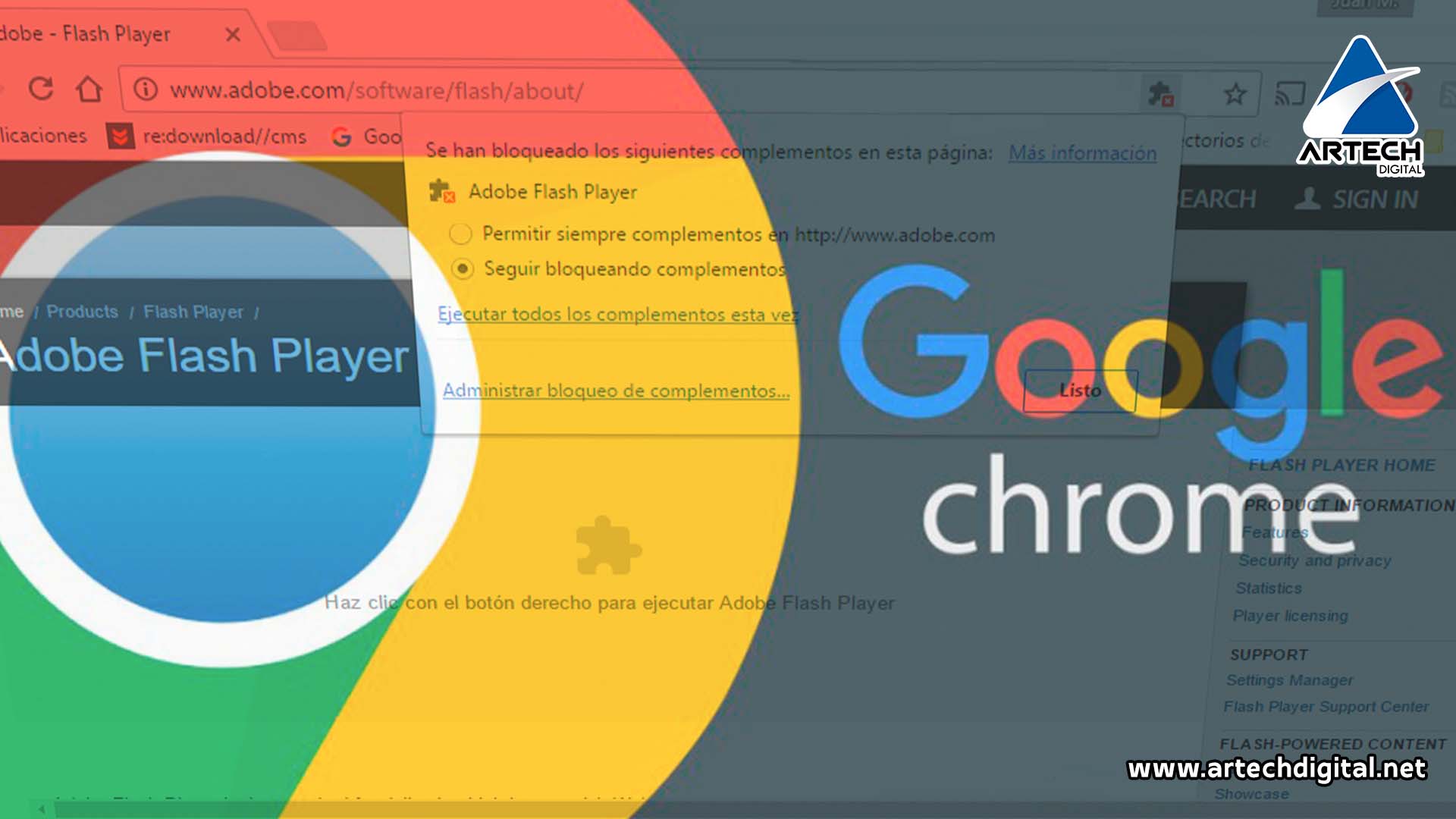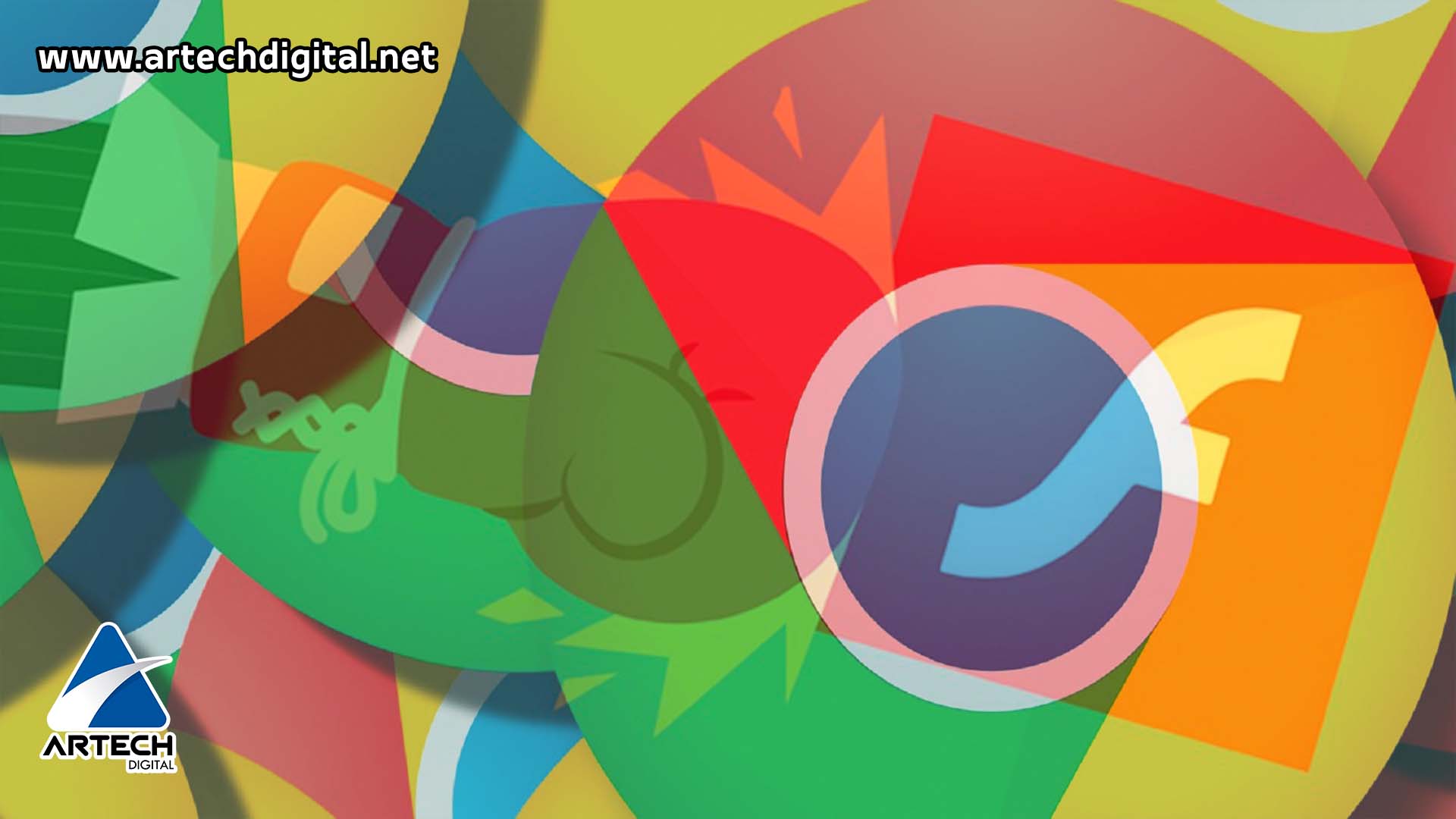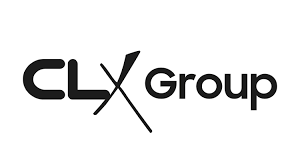Flash in Chrome will be a thing of the past, since the first of September Google has blocked flash advertising in their search engines will no longer be visible these ads, this in favor of HTML5.
This web animation technologythat allowed you to create interactive advertisements with buttons and more came out of the most important search engine.
If you have seen some of those animations with which you can interact through the search engine; there is involved flash, since this is the vectorial animation technology that makes capable these banners and advertisements. Now this Flash Player is completely banished from the spaces of this search engine; being also one of the plug-ins that were constantly being able to be updated.
This web animation technology that allowed you to create interactive advertisements with buttons and more came out of the most important search engine.
If you have seen some of those animations with which you can interact through the search engine; there is involved flash, since this is the vectorial animation technology that makes capable these banners and advertisements.
Now this Flash Player is completely banished from the spaces of this search engine; being also one of the plug-ins that were constantly being able to be updated.
[bctt tweet=”#Animation technology #web that made it possible to create interactive advertisements with buttons and more came out of the most important search engine” username=”artech_digital”]
Recurring problems
Throughout its trajectory Flash Player has presented two recurrent drawbacks that have caused its exit from Google today; the first has been its closed code, preventing external agents from improving it.
At the same time it limits the fact of being able to improve its reading on websites and search engines; on the other hand, the security breaches that it has, which caused the blocking of the player in the Mozilla Firefox search engine.
This measure lasted only one day and was previously announced by Mark Schmidt, Mozilla’s head of support; also noting that the moment it was given a solution by adobe would be integrated back into the search engine.
Once adobe corrected the errors, the player was integrated again into the search engine; Apple also keeps Flash blocked in Chrome from older versions of its Safari search engine, to avoid virus problems.
Flash in Chrome
After a considerable time battling with the Adobe player, Flash, Google decides to take it out of its platform; transforming the advertisements to HTML keeping a series of considerations for those who wish to adapt their advertisements.
The announcement of this block was made through a publication in Google Plus; it should be noted that this company has echoed the mistakes made, such as the disappearance of some content in the search engine.
Justification by google
If we bring up one of the points discussed above, such as security, we see one of Google’s reasons; which mention that flash is an open window for hackers that directly affect the community of users of the search engine.
In addition to this, there is the optimization that Google offers to its users; which was impossible with Flash; with the change you can expect longer battery life, faster charging and more benefits.
This is because the advertisements made with the Adobe player are movies, which tend to be very heavy and can encourage the team and require higher levels of energy.
Finally we have the creator of the well-known and beloved Google Doodles; which are attractive, effective, capable of being interactive and also very eye-catching.
Thus we arrive at HTML, the creators of these wonderful Doodles and the replacement of Adobe Flash Player; this new technology allows us to create animations that are just as effective as their predecessor but more optimal than this one.
Consequences of elimination
According to a graph presented by Statcounter the Flash search engine in Chrome is used by half of the global users; this means that there is a significant number of users who receive these advertisements daily through the Google search engine.
This search engine in turn worked with Flash in Chrome, which caused failures that often prevented the display of ads, resulting in a loss in the total impressions of the ad as well as reducing the scope it obtained.
Represents a significant loss of time and money; for the companies that execute their advertisements there; losing many possible conversations with the public and possible clients of the company.
This post is also available in:
 Español (Spanish)
Español (Spanish)















